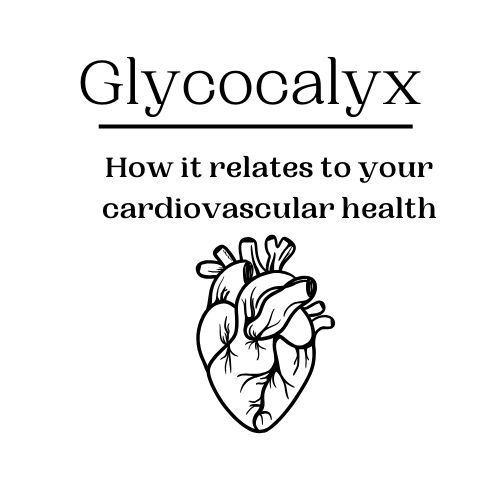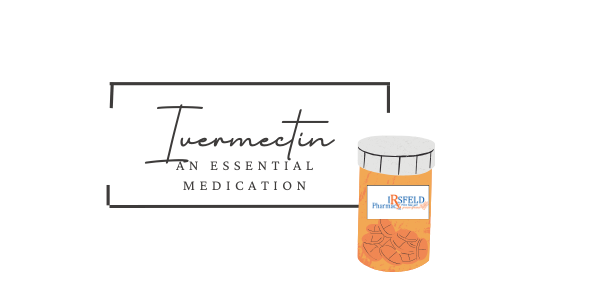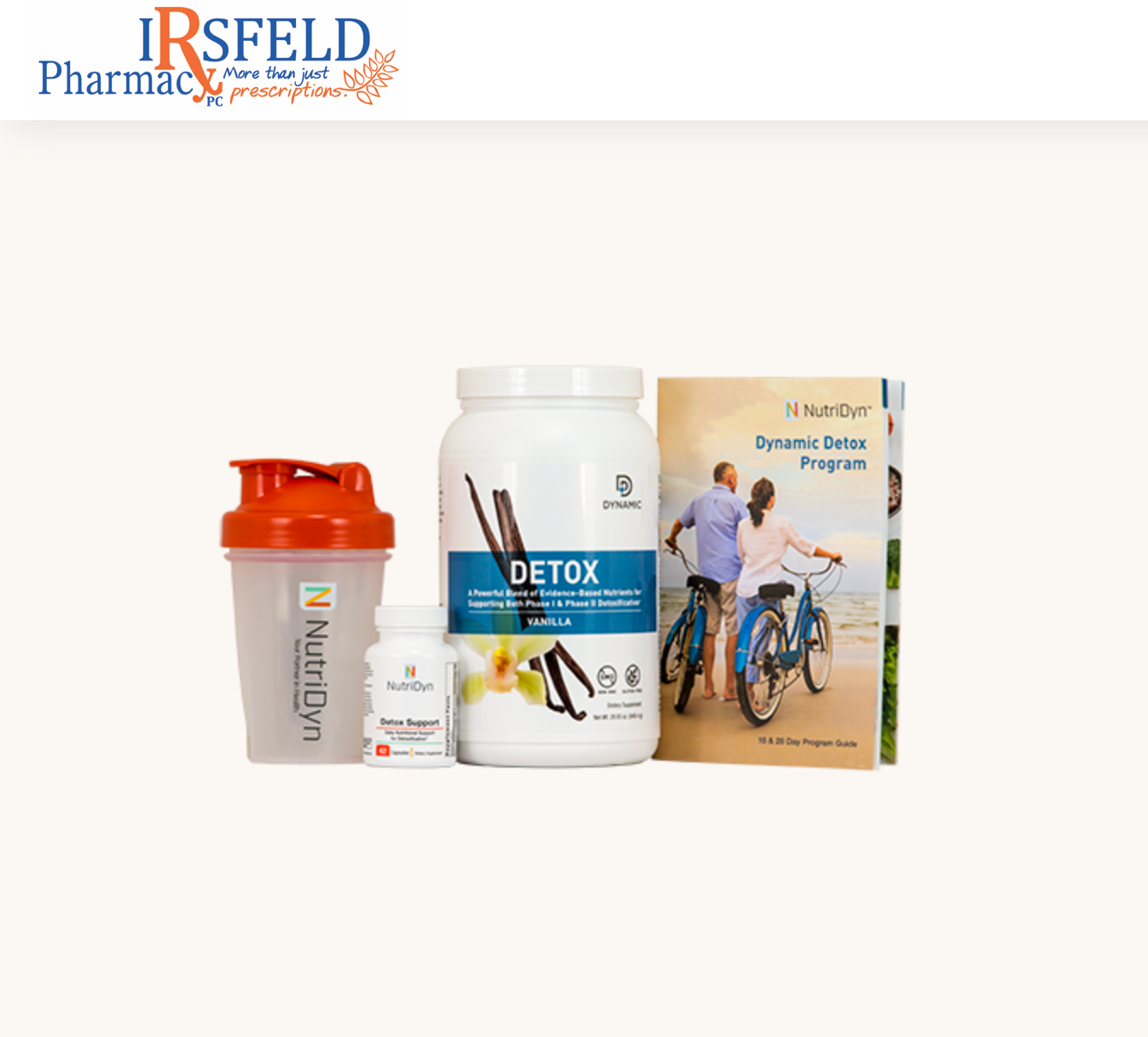Let's dive in...

The process of writing this weekly article requires a certain amount of reading and research to come up with an interesting topic. Today’s discussion of glycocalyx might have you scratching your head but I think it is important information. Despite therapeutic efforts to tackle the main risk factors cholesterol issues, high blood pressure, diabetes, obesity, smoking, cardiovascular disease (CVD) remains the leading cause of death globally. The role of glycocalyx in CVD is an emerging area of research and maybe something to consider when looking at your current supplement regimen.
The glycocalyx is a crucial structure that plays an important role in cardiovascular health. Found on the surface of every cell in the human body, it is particularly significant when it comes to the cardiovascular system. Understanding the glycocalyx and its relationship to cardiovascular disease is essential for comprehending how the body maintains healthy blood flow, regulates blood pressure, and prevents various heart conditions.
The glycocalyx is a thin, gel-like layer that coats the outer surface of cells, particularly endothelial cells that line the blood vessels. Made of proteins and sugars, the glycocalyx acts as a protective barrier between the blood and the walls of the blood vessels. It serves several critical functions, including regulating blood flow, preventing blood clot formation, and protecting the walls of blood vessels from damage.
Think of the glycocalyx as a sponge-like coating on the blood vessel walls. This coating helps maintain smooth blood flow and prevents harmful particles from sticking to the walls of blood vessels, which could lead to blockages. In short, it plays a key role in keeping the cardiovascular system functioning properly.
For the cardiovascular system to work effectively, blood needs to flow smoothly through the arteries and veins. The glycocalyx helps achieve this by acting as a buffer between blood cells and the walls of blood vessels. This prevents friction and reduces the risk of injury to the blood vessels.
The glycocalyx also helps regulate blood pressure. It senses changes in blood flow and adjusts the blood vessel’s response accordingly. For example, when blood pressure rises, the glycocalyx helps trigger the widening of blood vessels (vasodilation), which reduces pressure and allows blood to flow more easily.
Furthermore, the glycocalyx helps prevent the formation of blood clots by reducing the likelihood that platelets, the cells responsible for clotting, will stick to the blood vessel walls. This is crucial because blood clots can block blood vessels and lead to life-threatening conditions like heart attacks and strokes.
Cardiovascular diseases (CVDs) include a variety of conditions that affect the heart and blood vessels, such as heart disease, stroke, and hypertension (high blood pressure). Damage to the glycocalyx is now recognized as an important factor in the development of these diseases.
When the glycocalyx becomes damaged, it can no longer perform its protective functions effectively. This damage can occur due to several factors, such as high blood sugar levels, high cholesterol, high blood pressure, smoking, and inflammation. For example, in people with diabetes, high levels of glucose in the blood can break down the glycocalyx, making the blood vessels more prone to damage.
Once the glycocalyx is damaged, the blood vessel walls are more exposed to harmful substances like cholesterol and inflammatory molecules. This can lead to the buildup of plaque inside the blood vessels, a condition known as atherosclerosis. Atherosclerosis causes the blood vessels to narrow and harden, reducing blood flow to the heart and other parts of the body. This increases the risk of heart attack, stroke, and other cardiovascular diseases.
Inflammation is another major factor that can damage the glycocalyx and contribute to cardiovascular disease. When the body experiences chronic inflammation, it produces molecules that can break down the glycocalyx. This weakens the protective barrier on the blood vessel walls, making it easier for harmful particles, like cholesterol, to accumulate and form plaques.
Inflammation can be caused by several factors, including an unhealthy diet, lack of exercise, smoking, and stress. By reducing inflammation, it’s possible to protect the glycocalyx and reduce the risk of cardiovascular disease.
Given the important role the glycocalyx plays in cardiovascular health, finding ways to protect and restore it is essential. There are several lifestyle changes and treatments that can help maintain the health of the glycocalyx and reduce the risk of cardiovascular disease:
1. Healthy Diet: Eating a balanced diet rich in fruits, vegetables, whole grains, and healthy fats can reduce inflammation and protect the glycocalyx. Avoiding foods high in sugar, unhealthy fats, and processed ingredients can prevent damage to the glycocalyx.
2. Exercise: Regular physical activity helps improve blood flow and reduce inflammation, both of which protect the glycocalyx. Exercise also helps regulate blood pressure and cholesterol levels, reducing the risk of cardiovascular disease.
3. Managing Blood Sugar and Cholesterol: People with diabetes or high cholesterol should work with their doctors to manage their conditions, as high blood sugar and cholesterol can damage the glycocalyx. Medications and lifestyle changes can help keep these levels under control.
4. Quitting Smoking: Smoking is a major cause of glycocalyx damage, as the toxins in cigarette smoke can break down the protective barrier in blood vessels. Quitting smoking is one of the best ways to protect the glycocalyx and improve overall cardiovascular health.
5. Medications and Treatments: Researchers are exploring various treatments to restore damaged glycocalyx. Some medications and supplements, such as antioxidants, may help repair and protect the glycocalyx, though more research is needed in this area.
The list above is nothing new when we look at ways to support optimal health. Inflammation is something that needs to be addressed as it can be so damaging over time to our tissue. There are some novel supplements containing seaweed extract along with antioxidants that have studies showing benefit in glycocalyx support. Hyaluronic acid also show some potential.
The glycocalyx plays a critical role in maintaining cardiovascular health by protecting blood vessels, regulating blood flow, and preventing clot formation. When the glycocalyx is damaged, it can lead to the development of cardiovascular diseases such as atherosclerosis, heart attack, and stroke. By making healthy lifestyle choices, such as eating a nutritious diet, exercising regularly, and avoiding smoking, individuals can protect their glycocalyx and reduce the risk of cardiovascular disease.
Stop by the pharmacy or call the pharmacy if you want more information about glycocalyx and supplements that can be helpful in maintaining healthy glycocalyx. Please visit my website at www.irsfeldpharmacy.com to find this and other archived articles in the blog section.
Until next time, be vigilant about your health!!










VISIT US
HOURS
HOURS
CONTACT US
Fax #: (701) 483-4926


Share On: